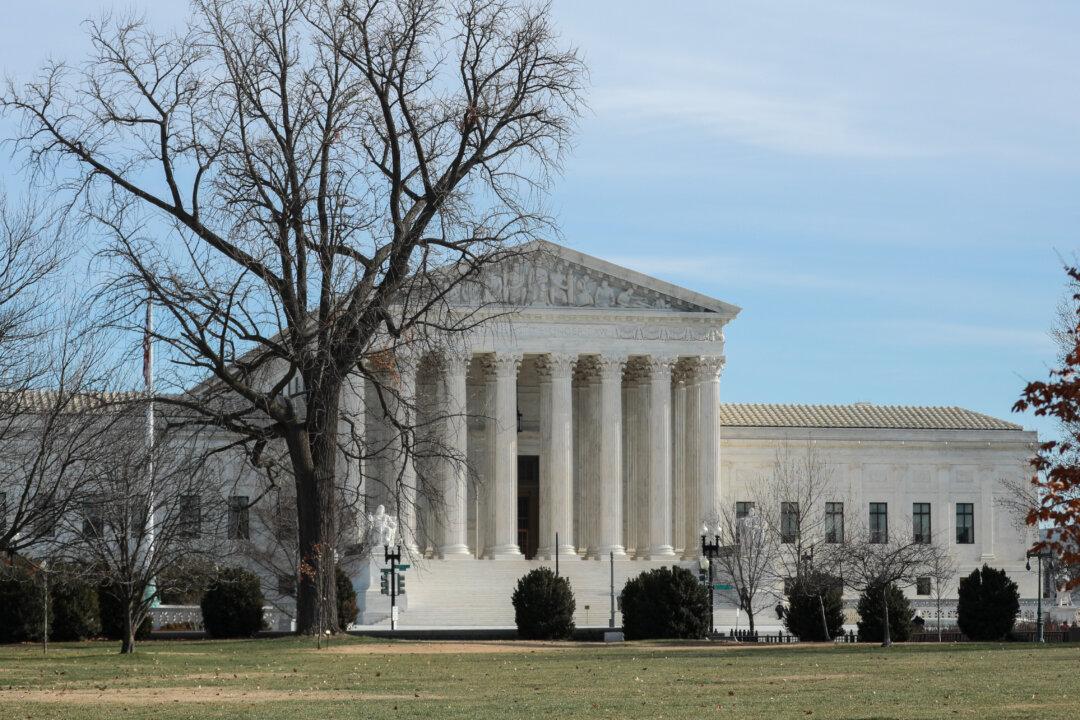The Supreme Court agreed to take up a request by Democratic-led states to review a case challenging the constitutionality of the Affordable Care Act (ACA), or Obamacare.
The top court justices on March 2 granted the petition filed by California and other states asking the court to review a decision from a lower court that found a key tenet of the ACA unconstitutional. The arguments for this case would likely be heard next term, with a decision by June 2021.




